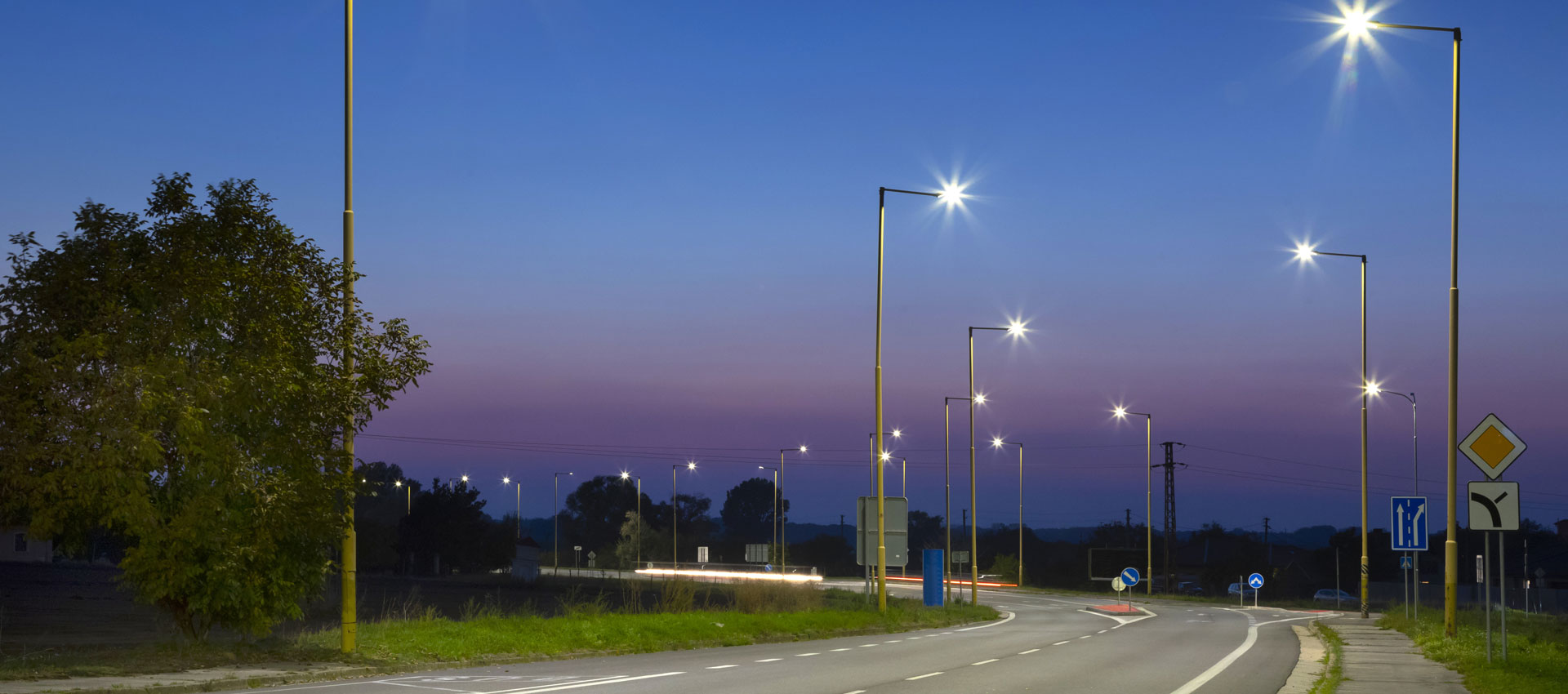City of Pittsburgh officials are all a-ga-ga over their just-announced plan to spend $16 million to convert the city’s 35,000 overhead streetlights to LED (light-emitting diode) technology.
Another 15,000 LED streetlights will be added in new locations, costing another $12 million, that to be paid for by federal pandemic “relief” dollars.
But officials would be wise to look before they light, so to speak. For even a cursory Google search turns up scores of problems and concerns about LED lighting on such a massive scale.
The city will contract with The Efficiency Network, the holding company of Duquesne Light, for the work. The mayor’s office says the lighting is expected to cut energy costs by $1 million a year.
The average lifespan of these lights, in general, runs between 10 and 15 years. If they get that far, that is.
Many, many problems are being reported with LED street lighting around the country – from insufficient illumination to glare (leading to driver distractions and pedestrian trip and fall accidents) and from capacitors not being able to weather temperature extremes (hot and cold) to manufacturing shortcuts that greatly reduce the lifespan of such units.
There are even ample medical concerns about the blue spectrum lighting of LEDs linked to everything from headaches to sleep problems and even retinal damage.
There also are credible questions about the toxicity of the gallium arsenide used to make LEDs. Exposed to extreme heat, deadly gasses can be produced.
And there remains fundamental disagreement if LED street lighting is, in fact, more efficient than some forms of contemporary sodium lighting.
Reports of such LED problem have not been lost on at least two members of Pittsburgh City Council. With an estimated 4,000 LED lights already operational around the city, they report myriad complaints from residents.
All that said, LED industry officials point to ever-evolving refinements that, they say, make such lighting more palatable, visually and for health.
But it still behooves City Council to fully understand what exactly it’s getting into before it gets into a possibly expensive mistake. Detroit’s experience should be a stark object lesson for Pittsburgh.
Detroit was forced to file a lawsuit against an LED streetlight manufacturer after nearly 20,000 lights dimmed unacceptably or failed after only a few years.
While Detroit settled the lawsuit in 2019 for $4 million, it still was forced to eat the remaining $3 million of the $7 million it spent swapping out 19,500 LED streetlights.
Worse, other terms of the settlement reached in the federal case were sealed in a confidentiality agreement.
That can’t be allowed to happen in Pittsburgh.
Colin McNickle is communications and marketing director at the Allegheny Institute for Public Policy (cmcnickle@alleghenyinstitute.org).



